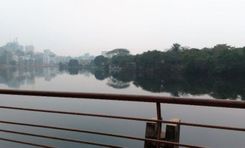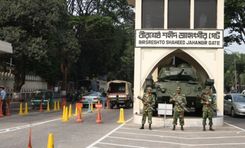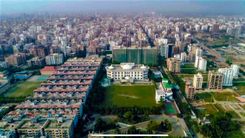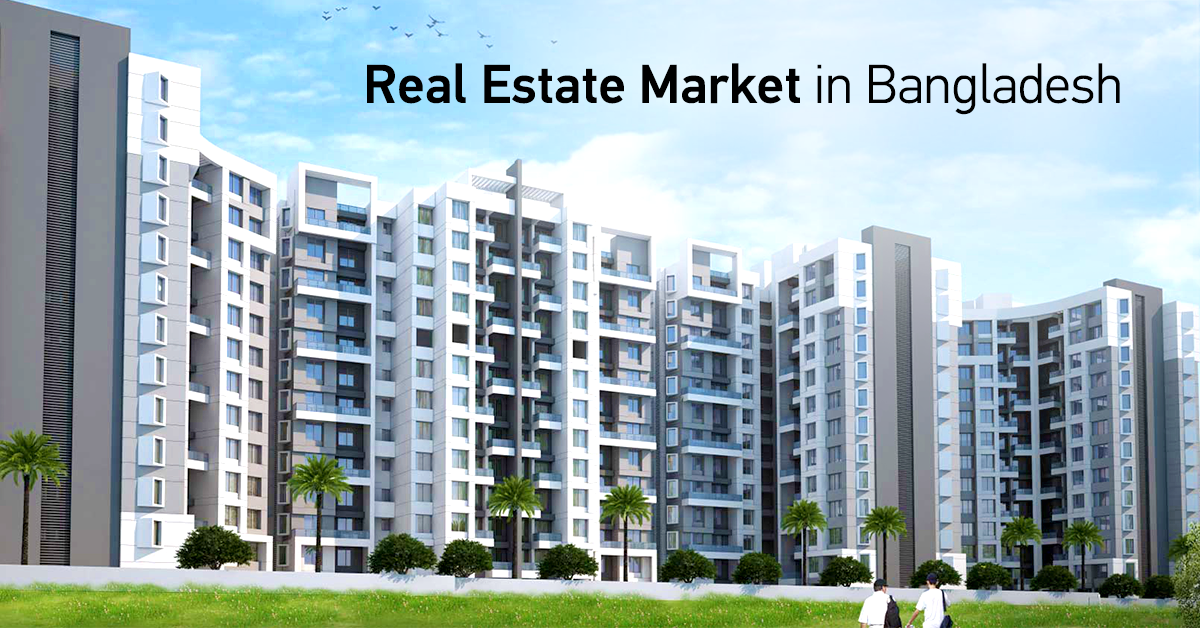Hidden Costs to Be Aware of When Buying Land in Bangladesh
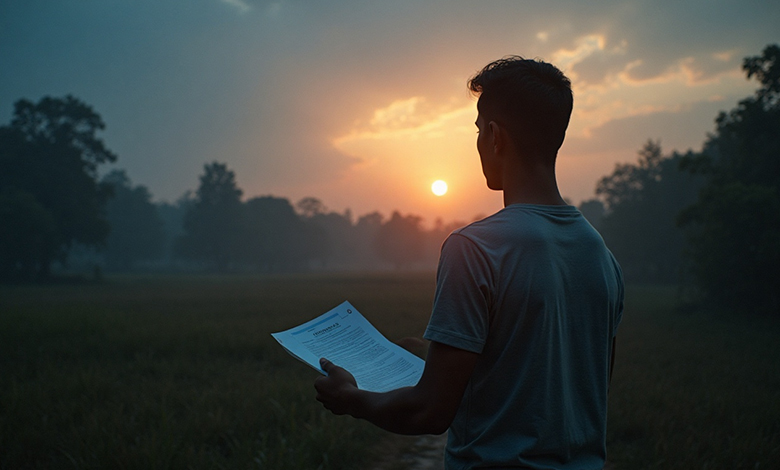
Purchasing land in Bangladesh is a significant decision, whether for building a home, starting a business, or as a long-term investment. However, most clients forget the so-called hidden charges beyond the cost of the land. These extra costs can quickly escalate and affect your overall budget. In this article, we are going to discover the common hidden charges in buying land in Bangladesh to help you prepare beforehand and also avoid surprises.
1. Registration Fees and Stamp Duty
Following the sale, the land must be registered with the government. Registration fees and stamp duty in Bangladesh are payable, which collectively can range from 10% to 14% of the cost of the land, depending on where the land is located. This is typically one of the biggest extra costs buyers will pay and should be factored into your finances soon after.
2. Mutation Fees (Namjari)
After registration, you’ll need to register a mutation to have the land registered in your name. This is a government charge, as well as additional service charges if you’re using a broker or legal representative. In some cases, there can be delays or complications, especially if the land has a dubious ownership history, which will cost extra.
3. Measurement and Survey Fees
There are boundary disputes common in Bangladesh. It’s wise to have a physical measurement of the land before purchasing it. A surveyor is a professional who offers precision and legal transparency, but at an expense. The cost depends on the size of the land and area, but it’s an essential expenditure to avoid future conflicts.
4. Legal and Consultancy Fees
You most likely will need the services of a legal adviser to verify land ownership, check legal documents, and draw up contracts. Legal professionals can charge a single fee or a percentage of the property value. While technically not an unexpected expense, a few buyers overlook or de-emphasize this when planning.
5. Informal Payments
On some occasions, “speed money” or informal payments may be demanded to accelerate steps like registration, mutation, or clearance of utilities. While not recommended or legal, it’s something most buyers have to face. Always try to use the proper legal channels, but it’s a good idea to prepare oneself mentally and financially for them.
6. Utility Connection Fees
If the property is situated within an emerging area, securing water, electricity, and gas can be a separate process and not necessarily cost-effective. Based on the area’s proximity to the available infrastructure, you’ll have to spend extra money on materials, labor, or application fees. For rural areas, it may even incur more, as this will mean extending lines or pipes.
7. Land Development Costs
Most sites, especially suburban or semi-rural sites, need to be developed before they can be constructed on. These include filling in low areas, clearing out rubbish, or levelling. These construction activities, before actually constructing, could utilize tractors, labor, or building materials, and cost a lot, depending on the state of the site.
Conclusion
Buying land in Bangladesh requires more than paying the listed price. Additional fees like legal fees, registration fees, and land development can increase very quickly and deplete your resources. Knowing these beforehand helps you to plan better and avoid surprises. Always research thoroughly, seek expert advice, and move cautiously to achieve a smooth and secure land purchase.






